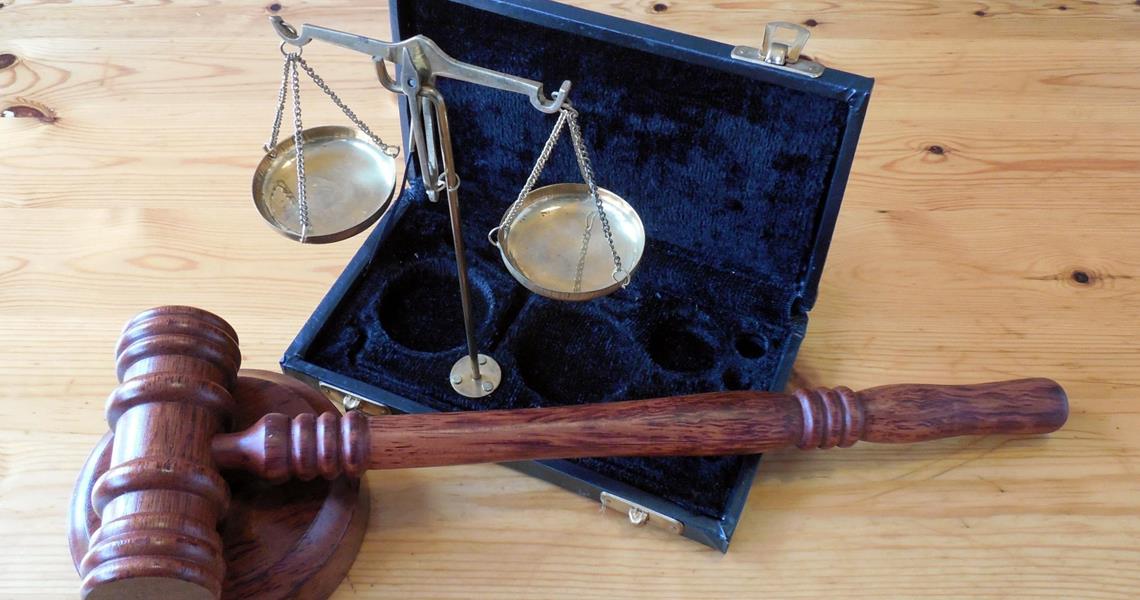Living in Liechtenstein
Permits
RESIDENCY PERMIT LIECHTENSTEIN
The possible permit types for residency in Liechtenstein for employment are explained on the website of the Foreigners and passports office. In principle, the ongoing and substantial pressure of emigration has made the distribution of a residency permit (B) only possible if cross-border commuting is not possible or cannot be reasonably expected of the person. As in the past, the government decides at its own discretion, taking into consideration competitive neutrality.
As part of a special lottery process, based on the Green Card process in the United States, Liechtenstein awards a total of 28 residency permits annually to employed citizens of the European Economic Area and 8 residency permits annually to non-employed citizens of the European Economic Area.
The lottery takes place twice a year, once in spring and once in the fall.
In particular, note that the fees for both stages of the two-stage lottery must be paid by the respective due date.
The vast majority of foreign employees live in Switzerland, Austria and Germany and carry out their employment in Liechtenstein as cross-border commuters.
Further information is also available at the Foreigners and passport office.
REGISTRATION WITH THE MUNICIPALITY
Within eight days of entering Liechtenstein, you have to report to the residential registration office of the municipality where you will live. If you do not yet have an apartment, you can register the address of your hotel. When doing so, you must provide the following documents:
- Assurance of the residency permit (if relevant, also for immigration of family)
- Passport
- With children: Copy School Registration
The documents must be in German. Foreign documents should be submitted with a certified translation into German. Documents in English or French are generally accepted without a German translation.
EXTENSION OF THE RESIDENCY PERMIT
The residency permit (B permit) has to be extended every five years for EU and EFTA citizens (if the passport is valid for five years). All other citizens must renew it annually. Normally, before the permit expires, a reminder is sent out automatically and in good time by your municipality of residence.
If, contrary to expectations, these documents do not arrive, you should contact the Foreigners and passport office without delay and no later than three weeks before the expiry date to request the renewal.

Consulate
Hilti recommends that employees independently contact their respective consulate to find out about possible national or local legislation as well as other country-specific particularities, and to proactively seek information in order to prevent any disadvantages that could arise as a result of the dereliction of duty, or as a result of applications, registrations or other in connection with the immigration and/or departure from the country of residence. Hilti assumes no responsibility for this, bears no costs and does not pay taxes, this is the sole responsibility of the employee.
House Hunting
According to your integration agreement, you will be assisted by a relocation partner in the search for an apartment. To get an idea of the current housing offers in advance, visit the following websites:
You can also obtain further information about the regional housing market from your municipality of residence.
Once you have officially started at Hilti you will be given access to the flea market on REDi where you can view offers from Hilti employees.
In Liechtenstein, tenants enjoy a relatively high standard of housing. Normally, rental and owner-occupied apartments are fully equipped. A typical apartment includes the following:
- Fitted kitchen: You cannot and must not bring your own kitchen to the new apartment.
- Laundry room with washing machine: You often share a washing machine with your neighbours. Very few apartments have their own washing machine connection point.
- Impeccable cleaning before moving in: The previous tenant must clean the apartment thoroughly before handing it over.
- Minor renovations: Before the apartment is handed over, it is common for minor renovations to be completed, such as painting heavily soiled walls. An inevitable wear and tear of the apartment is considered normal and is already included in the rent. More extensive defects and excessive wear are at the expense of the tenant.
Apartment/house Rent
RENT AND ADDITIONAL COSTS
The gross rent (in Germany also called "warm") consists of the net rent ("cold") and the additional costs. These generally include: heating and hot water costs, staircase cleaning, waste water charges and electricity. These are usually initially charged as a lump sum. At the end of the year, the costs are then billed on the basis of the actual consumption (so-called invoice for extra charges).
Information on energy and electricity can be obtained from the energy company LKW (Liechtensteinische Kraftwerke)
DEPOSIT (RENTAL DEPOSIT)
In Liechtenstein, the tenant will usually be asked to pay a deposit. The amount of the deposit must not exceed three months' rent. The deposit must normally be deposited before moving in. The deposit is generally put into either a special deposit account, a savings account or takes the form of a bank guarantee. The amount must be invested at the usual bank interest rates. When moving out, the deposit plus the accrued interest is paid back to the tenant. In case of damages, a deduction can be made. You are responsible for reclaiming the deposit yourself.
HANDOVER OF THE APARTMENT AND KEYS
For moving into and out of an apartment, you should draw up an accurate handover report with the owner/landlord, both when you take over and leave the apartment and receive and hand over the keys. This report documents the current state of the apartment. It also lists any damage as well as any repair work still to be carried out, and puts this in writing.
When you move out, you are not liable for normal wear and tear of the apartment and its equipment. But you are liable for deliberately-caused damage, lost items or excessive wear. If the owner/landlord demands of you that the apartment be renovated or repaired, they must provide proof that the apartment rooms were in perfect condition when your rental contract began.
TERMINATION AND MOVING OUT EARLY
Often, it is agreed that termination is not possible during the rental agreement’s first year. Otherwise, the legal period of notice for termination of accommodation is three months. Notice of termination is either possible at the end of any month or may only be possible at fixed dates (usually only at the end of a quarter, with the exception of December 31). Further information can be found in your rental agreement.
If you want to move out outside of the contractual deadlines, you should note the following: Give notice of termination by registered mail and inform the owner/landlord that you are moving out prematurely.
Fundamentally, you are liable for all commitments entered into in the rental contract (especially the payment of rent) until the first possible date of termination stipulated in the contract. You can get around this by offering the owner/landlord potential new tenants. If you get at least three separate people to confirm in writing that they are willing to take over the apartment on the date you move out, that should, as a rule, be sufficient for the owner/landlord. Send originals to the owner/landlord by registered mail and keep copies.

Information / Legal Consultation
You can obtain free legal information on rental matters from:
Gerichtspraktikanten des Landesgerichts
Tel. +423/236 65 31
For questions regarding rent contributions for families please contact:
Amt für Wohnungswesen
Tel. +423/236 69 11
RADIO / TV / TELEPHON / INTERNET
Radios and television sets are subject to a license fee in Liechtenstein and must be registered. If you do not want a TV connection, you must inform FL1 so that the connection can be sealed. The will still be charged the fee for radio. For detailed information, visit the FL1 website.
There is one local radio broadcaster (Radio Liechtenstein) and one local TV broadcaster ( FL1TV).
To be connected to a permanent network in Liechtenstein, you must contact the telephone network provider Telecom Liechtenstein. On the website of Telecom Liechtenstein you will find details of partner companies for the installation of your telephone line. More detailed information as well as a list of providers can be obtained from the Office for Communication in Vaduz.
The international dialing code for Liechtenstein is 00423. Then the number without (0) must be entered.
Waste
In Liechtenstein, the waste is separated and sorted into paper/cardboard, packaging glass, iron/non-ferrous metals, white lead, aluminum, mineral and edible oils, electrical appliances / cooling appliances / discharge lamps, batteries, textiles and special waste.
Non-recyclable waste is disposed of in garbage bags. Waste disposal fees are charged through the use of special fee stamps. Only garbage bags with fee stamps are disposed of by the waste disposal service. The fee stamps and garbage bags can be purchased from most grocery stores in Liechtenstein. You can find details of the fees and other information at Entsorgungsprofi.
Pets
If you want to bring your pet into Liechtenstein with you, please inquire at an early stage about the regulations to be observed on this page.
Entry regulations vary according to the type and age of the animal, and from which country you are coming. You must agree directly with the owner/landlord whether or not you may keep a pet in the apartment.